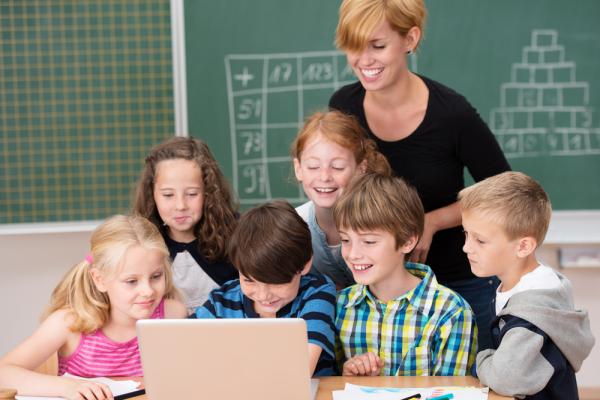"What do you do?" It is a question that we have either asked or been asked before. Most of the time, when asking it, we have some idea of the profession in question.
But, science is a bit different - more enigmatic than most professions. Although most people have been in a classroom, hospital, courtroom, etc., almost no one has been in a laboratory where research is actively going on. So, how is anyone supposed to understand how science is done or who is doing it?
But, one program run out of the University of Connecticut is looking to change that. It is called "Skype a Scientist" and is the brainchild of Sarah McAnulty, a graduate student in the Department of Molecular and Cell Biology. "Skype a Scientist" matches scientists with K-12 classrooms. Together, the teacher and scientist book an hour long video chat, bringing the scientist into the classroom (virtually), to talk about their work through a question and answer session led by the students.
The goals are to both spark the kids' interest and to make science seem more approachable - to lower the intimidation that so often comes along with science.
On the website, there are guidelines for teachers in preparation of their meeting.
We recommend that you give your teacher an overview of what you do. It’s super helpful if you have something the teacher can share with his/her students, e.g. youtube videos, a ted talk, or blog posts related to your work. If you don’t have any of those things, just a laymen overview of your work is okay too! Students will prepare questions ahead of time so that they’re ready with conversation starters when the you call in.
The program already has over 500 scientists signed up, willing to communicate their science and encourage the next generation. They can be skyped into any classroom that has internet access and a computer, anywhere in the world.
So, scientists, sign up now to spend one hour talking to kids about what you do. And, teachers, if you can, put the common core aside for one hour and sign up to talk to a scientist. This type of conversation is changing where science and society meet. The more people who understand science, the better off we all will be.
Below, see where the students (top map) and scientists (bottom map) are having their conversations.





